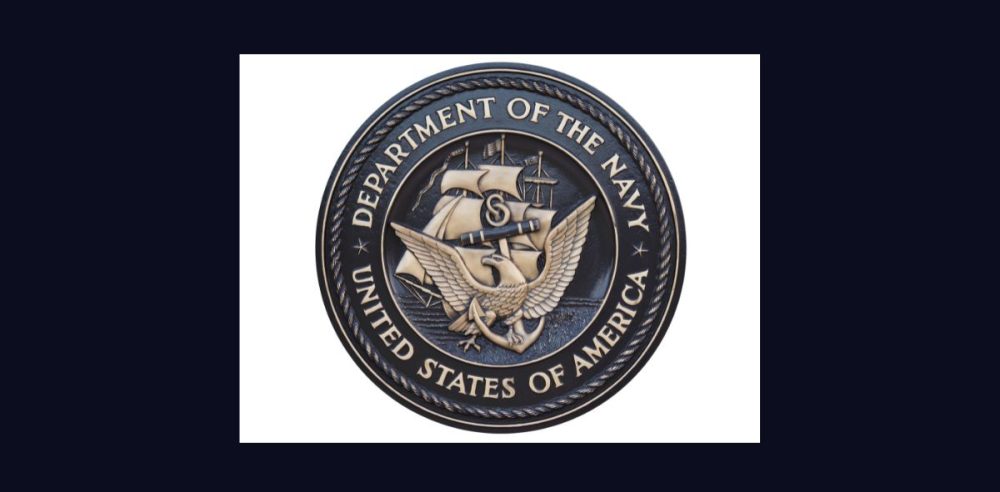Recent friendly fire incidents involving the U.S. Navy have raised serious concerns about operational readiness and decision-making.
On December 22, 2024, the USS Gettysburg mistakenly fired on an F/A-18 Super Hornet over the Red Sea, forcing both pilots to eject.
The pilots survived, with one sustaining minor injuries during the incident.
Days later, another Navy jet narrowly avoided a similar fate, evading missiles fired from the same cruiser, Fox News exclusively reported.
Both incidents occurred amid heightened tensions in the region, where Iranian-backed Houthi rebels have been targeting shipping lanes.
The Navy has launched an investigation into the USS Gettysburg’s systems to determine whether equipment malfunctions or human error were responsible.
Historically, friendly fire incidents are rare due to the military’s rigorous training and advanced identification systems.
The recurrence of such events within days of each other has sparked questions about systemic issues within the Navy.
Some critics have pointed to the potential influence of diversity, equity, and inclusion (DEI) initiatives.
DEI? Another Navy fighter almost shot down by the Navy? pic.twitter.com/HC90kM3RaG
— @amuse (@amuse) December 24, 2024
While DEI activists say these programs are designed to broaden opportunities and foster inclusion, questions remain about whether they might inadvertently affect the emphasis on selecting the most qualified individuals for critical roles.
While military leaders assert that these initiatives have not compromised operational standards, critics argue that meeting representation goals should not take precedence over selecting the most qualified individuals for critical roles.


